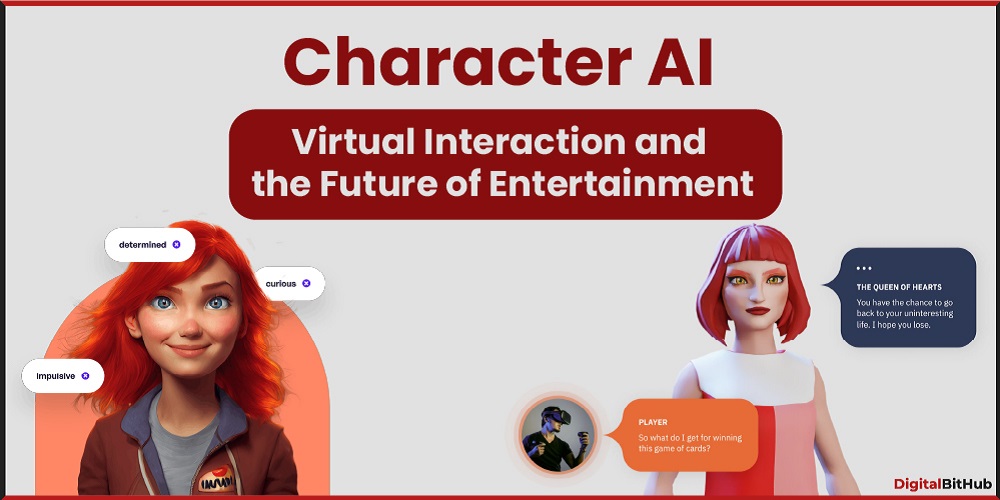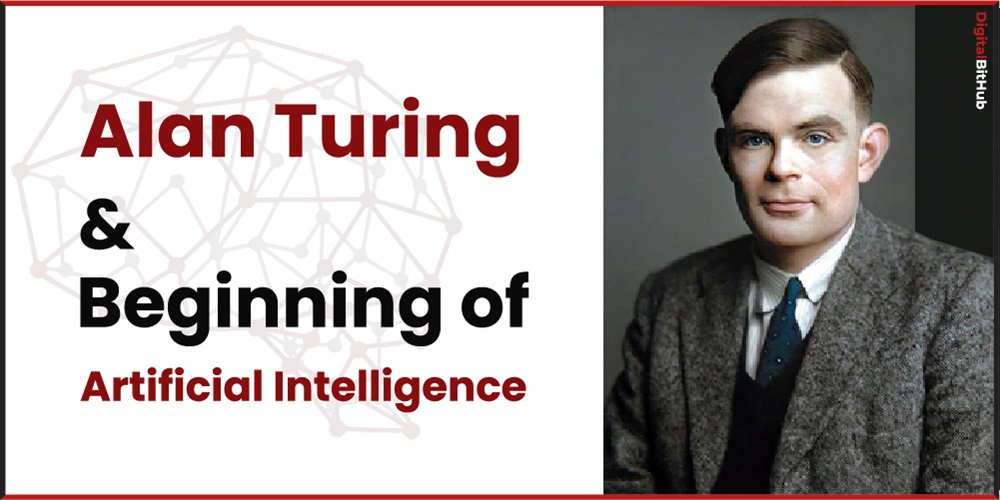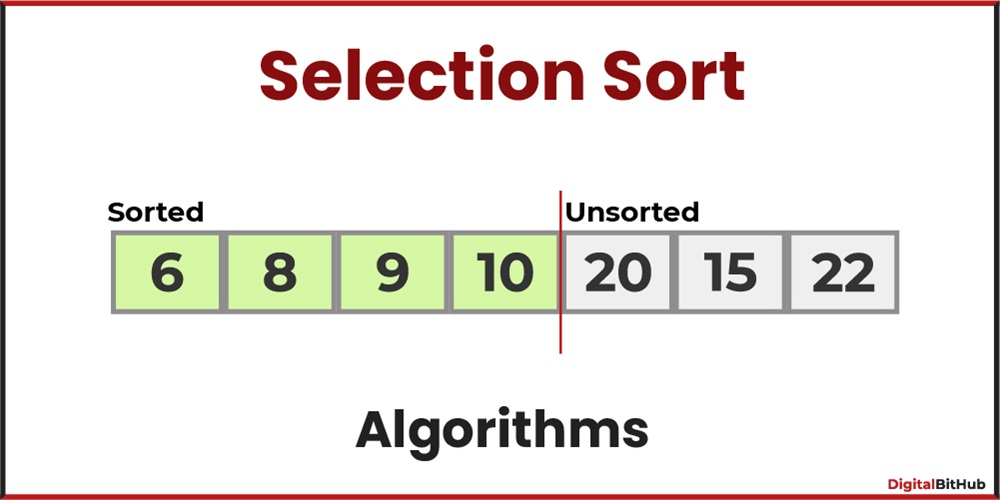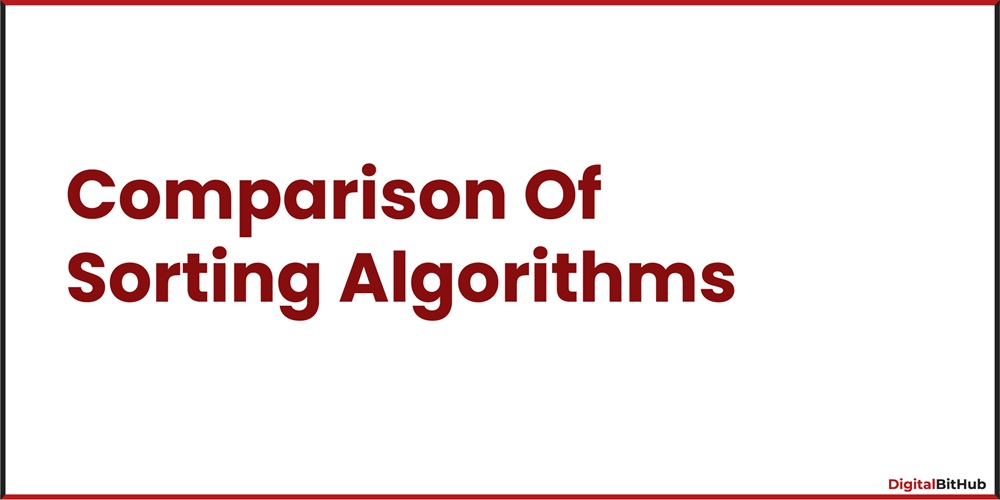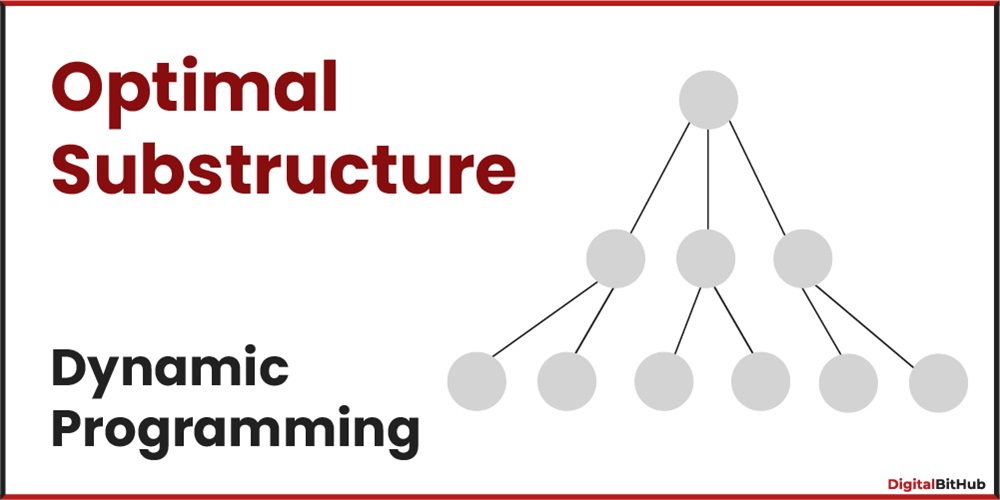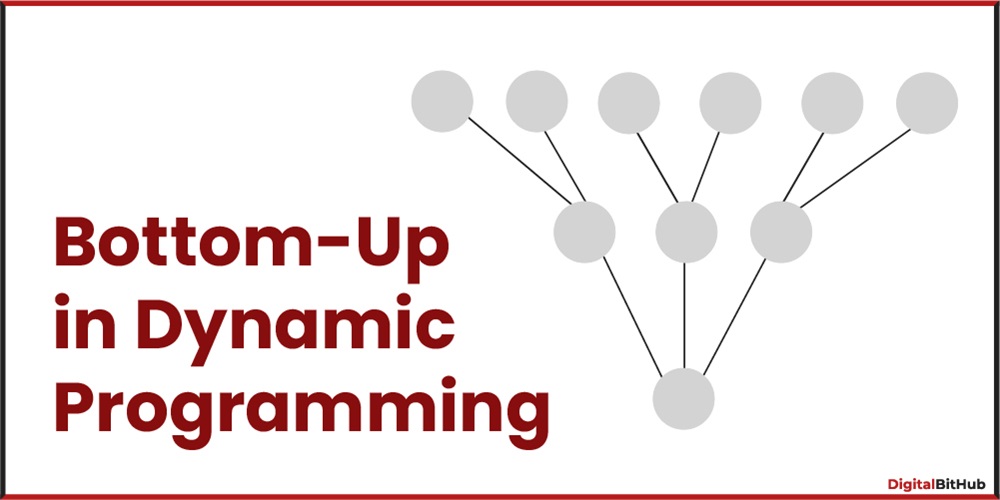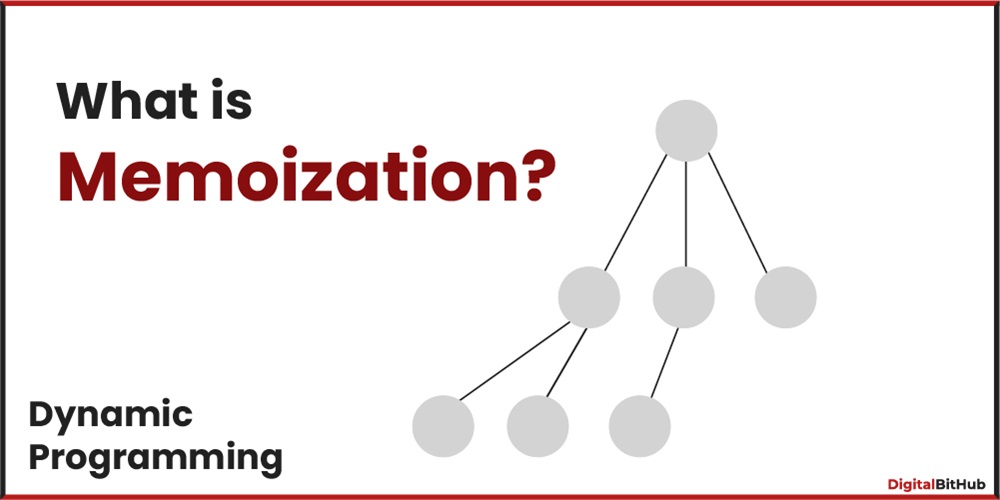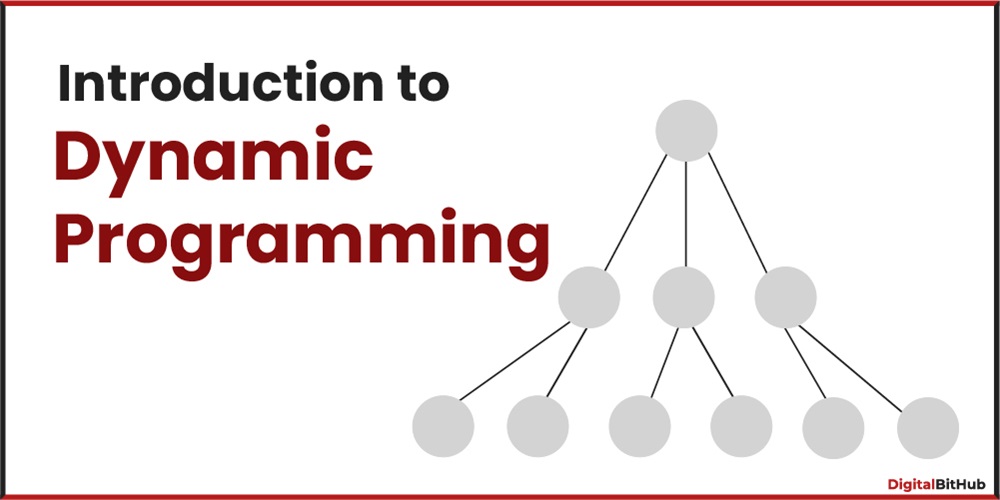The world of entertainment is on the cusp of a technological revolution, driven by the integration of advanced artificial intelligence (AI) into virtual characters. Character AI, as it is commonly known, is set to revolutionize the way we interact with digital environments, transforming video games, movies, virtual reality experiences, and much more. This article explores the fascinating landscape of Character AI and its profound implications for the future of entertainment.
Origin of Character AI
Character AI refers to the application of artificial intelligence and machine learning to create lifelike virtual characters with the ability for users or players to understand, customize, and interact with them. This marks a significant departure from the static, scripted non-playable characters (NPCs) or passive virtual elements that we have been accustomed to in traditional forms of media and gaming.
Advances in AI and machine learning have empowered developers and creators to give virtual characters human-like traits, personalities, and behaviors. These characters can now engage with users in ways previously unimaginable, leading to more immersive and personalized experiences.
The Role of Character AI in Entertainment
- Immersive Gaming Experience: In the field of video games, Character AI is at the forefront of transforming player experiences. Gone are the days of predictable NPCs with limited reactions. With Character AI, in-game characters can now react dynamically to player choices, adapt to changing situations and even remember past interactions, making each game a unique and immersive experience. turns out to be an engaging adventure.
- Interactive Storytelling: Character AI is breathing new life into narrative-driven games and interactive storytelling. The characters are no longer confined to static roles; They evolve, develop relationships with the player, and change their actions based on the player's decisions. This dynamic storytelling enables elaborate narratives and emotionally charged gaming experiences.
- Virtual Reality (VR) and Augmented Reality (AR): VR and AR experiences are becoming increasingly lifelike and engaging, thanks to Character AI. In virtual environments, AI-powered characters can react realistically to the user's presence, increasing immersion and a sense of presence. Whether you're exploring ancient ruins or attending a virtual business meeting, Character AI plays a vital role in making these experiences more immersive.
- Film and Animation: In the world of cinema and animation, Character AI is streamlining character creation and animation. Virtual actors can be programmed to deliver lines, emote, and perform actions effectively, reducing production costs and expanding creative possibilities.
Challenges and Ethical Considerations
While the potential for Character AI is vast, it also presents a number of challenges and ethical considerations:
- Privacy and Data Security: Personalization of user experiences relies on the collection and analysis of user data, raising concerns about privacy and data security. Striking the right balance between optimization and data security is a significant challenge.
- Ethical Use: It is paramount to ensure that the Character AI is used ethically. Developers should take care not to create characters that manipulate or deceive users. Ethical guidelines and oversight are essential.
- AI Bias: Character AI systems can inadvertently perpetuate biases present in their training data. Developers must work diligently to minimize biases and ensure fairness in character interactions.
- Transparency: Users are not always aware when they are interacting with AI-powered characters, which raises questions about transparency and authenticity in virtual environments.
The Future of Character AI
As technology advances, the future of Character AI holds exciting possibilities:
- AI Personality: Character AI will continue to evolve, creating more nuanced and believable personalities. Characters will display a wide range of emotions and customize their behavior for individual users.
- Cross-Platform Integration: Character AI will integrate seamlessly into various entertainment mediums, blurring the lines between gaming, film, and virtual reality.
- AI-Generated Content: AI-powered characters can contribute to content creation, stories, dialogue, and even game levels. This can reduce the workload on human developers and yield more dynamic content.
- Emotionally Intelligent Characters: Character AI will improve at recognizing and responding to human emotions, creating more emotionally resonant interactions and stories.
Conclusion
Character AI is not just a technological advancement; It is the gateway to more immersive, interactive, and personalized virtual experiences. Whether you're a gamer, movie lover, or virtual reality explorer, Character AI is set to redefine the way you engage with digital entertainment. However, as this technology continues to evolve, it is important to address ethical considerations while embracing the exciting possibilities that the future of virtual interaction and entertainment brings. The journey has just begun, and the future promises a rich tapestry of AI-powered characters and experiences limited only by our imagination.
